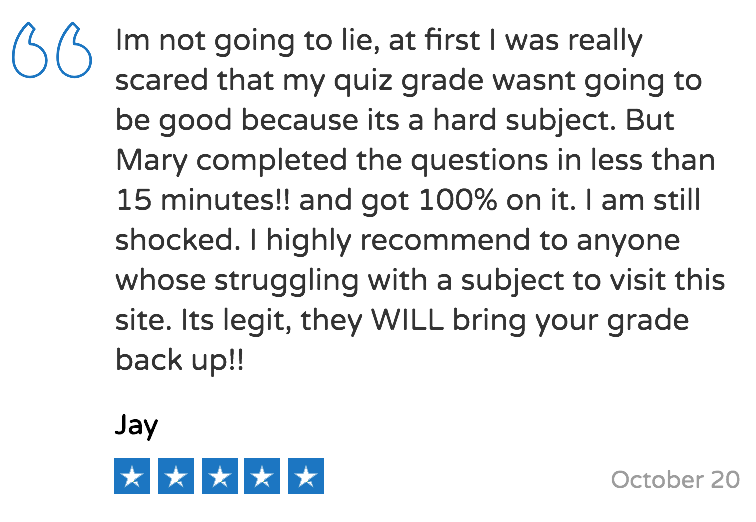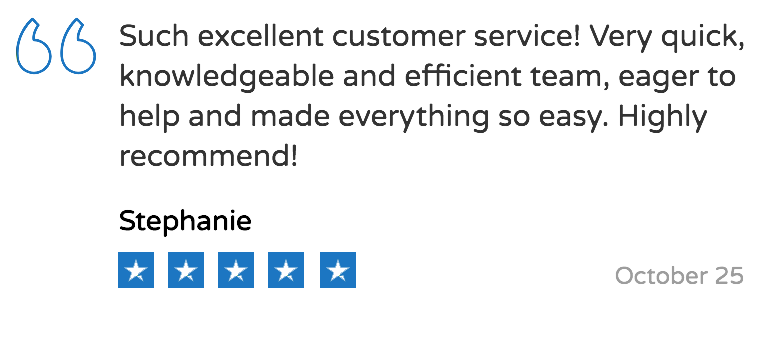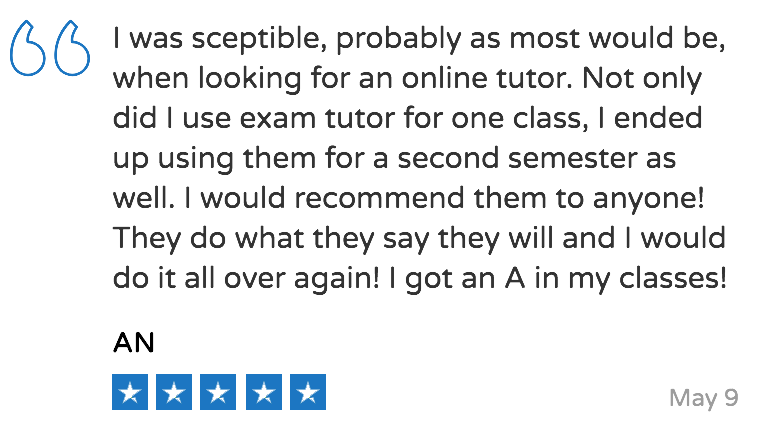Your
Five Brilliant Ways to Teach Yourself Algebra
While students depend on their teachers for learning instructions and content clarification, specific strategies can be adopted at the individual level to enhance comprehension. Mathematics, and specifically algebra, has been touted as a challenging subject by many students who complain of its complexity. In contrast, many others have no problem with solving algebraic problems, raising concerns over the learning gap and the viable techniques of bridging it. Self-teaching is a useful strategy for improving one’s performance by complementing classwork and addressing challenging sections.
Strategies for Learning Algebra
Digital Help
Most of the research conducted on the improvement of students’ understanding of algebra focus on the teaching aspect, providing techniques for tutors. Such elements can be adopted from the outlook of the learner to achieve better results. A primary technique is the use of visual aids, preferably video guides, to learn how to solve algebraic questions. Notably, the growth of digital learning platforms has proliferated the development of digital content that is available in various online sources. For instance, YouTube has hundreds of visual demonstrations on solving algebraic problems. Students can watch relevant videos that mimic a tutor’s approach. The main advantage of this method is that students can pause the video to digest presented concepts as well as rewind to study the elements they do not understand. Other useful resources include mathematical games, which have been proven to enhance mastery by a significant percentage. Unlike a teacher’s lecture, digital copies are permanent and can be revisited at will to learn challenging elements.
Similarly, many websites are available on the internet, providing step by step guidance on how to address different algebraic questions. An example is the Khan Academy portal, which offers a simplified guide on solving mathematical problems across all chapters. This is a legitimate online education provider, who is approved by relevant agencies, hence the instructions offered are useful. Moreover, other professionals have resulted to the internet to assist students and can be accessed by searching “how to solve-.” This proposal is based on the research findings that students are more receptive to mobile technologies due to the level of engagement and the effect of digitalization in the millennial era (Fabian, Topping, & Barron, 2018). In this regard, people can learn algebra at home with the help of internet sources.
Text-Based
Another useful technique is the use of solved questions to enhance one’s mastery of relevant algebraic formulae. Markedly, many mathematics textbooks provide a list of answered problems, with a step by step explanation and the logic involved in designing the formulae. Importantly, most of these materials also discuss the common errors committed by learners, an insight that can be helpful in self-teaching (Caronongan et al., 2015). Such sections are useful for students since they can study the guidelines and gain a better perspective on the topic. Equally, there are dedicated revision texts that present trial questions and an answers section at the back. These training resources enhance a learner’s understanding of how different algebraic problems are addressed and the appropriate approach for each.
Algebra learning should be progressive, starting with basic concepts and ascending to more complex questions. Self -tutoring should recognize this approach, which is recommended for professional teachers. Masters of algebra, as it is with any other mathematical topic, is enhanced by first studying the foundational guidelines that influence the methods used in higher-level problems (Caronongan et al., 2015). Such a technique ensures the gradual development of understanding.
Moreover, regular practice of acquired skills is imperative to enhance both their comprehension and mastery. Students can build up on techniques learnt through the above presented strategies as well as class work by redoing algebraic prompts at home to establish consistency and long-term retention. This approach can be compared to the “practice makes perfect” ideology, which has been revolutionary in skill-based fields.
The difficulty of a subject can be and is a big challenge for students. When concepts are hard to grasp, especially in subjects like advanced mathematics or statistics, these students see no other choice but to reach out to websites that provide homework assistance. This is especially the case with students that are taking their classes online who are missing the study group experience with their peers or hearing an in-person lecture on campus.
An overwhelming workload from multiple classes can make it challenging for many students to dedicate the necessary time and energy to all those homework assignments. When faced with deadlines for essays, projects and exams all due around the same time, the pressure can easily push students to hire someone to do that coursework. It is easy to assume that students can handle everything, but when faced having to free up countless hours to manage a heavy workload, the time is just not there.
Stress and anxiety about meeting fast approaching deadlines can be extremely overwhelming for students. The fear of not having studied enough to pass that test or exam when faced with increasing performance expectations by the academia can be paralyzing. This can lead to a situation where students feel that the only way to make it through is by paying someone to do their homework and make it one step closer to graduation.
A lack of time is another major factor driving students to outsource their homework. Busy schedules filled with extracurricular activities, part-time jobs, and family commitments can leave little to no room for homework and exams. This lack of available time is particularly challenging for college students who are trying to balance overwhelming academic responsibilities with personal development and a fulfilling social life. There are many aspects of life that are more important and hiring homework help services is the better alternative for achieving a balance.
REQUEST A QUOTE Chat, Text or Email Us and Get a Quote Within Minutes
Order NowReal Customer Reviews











